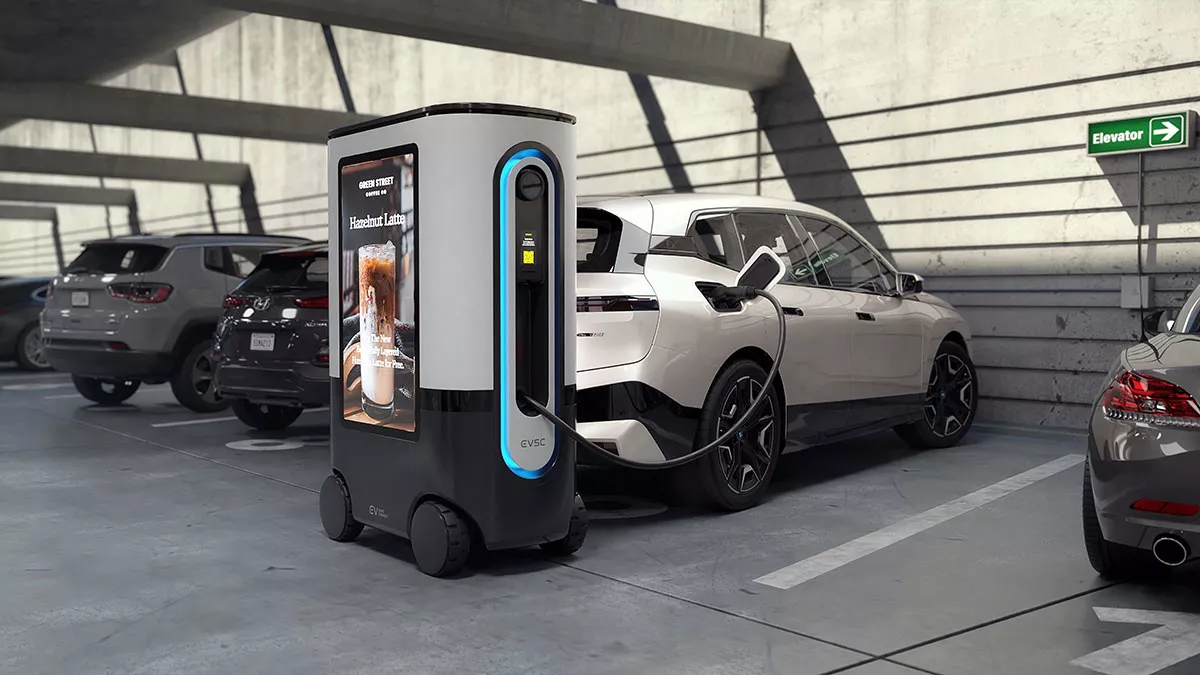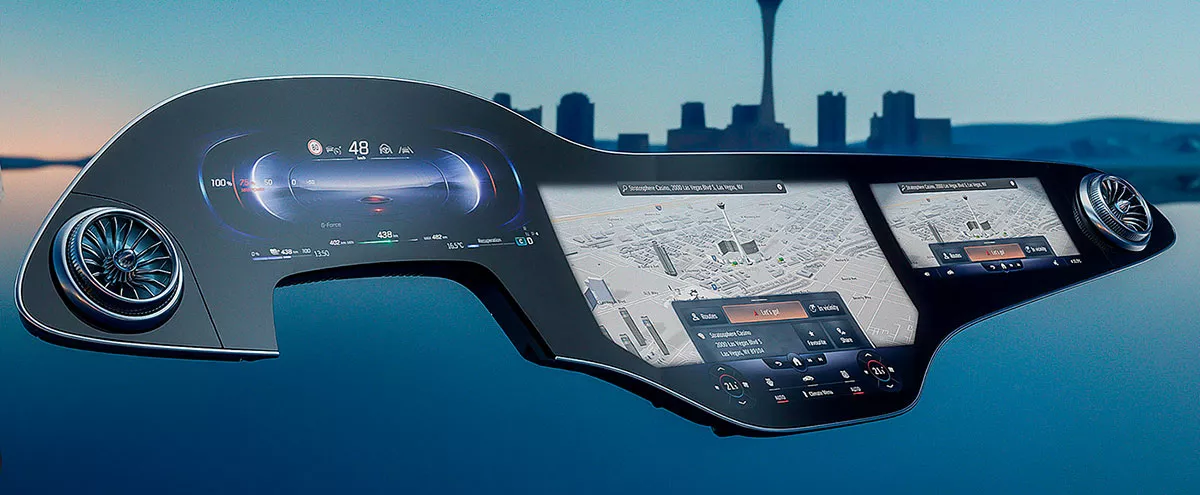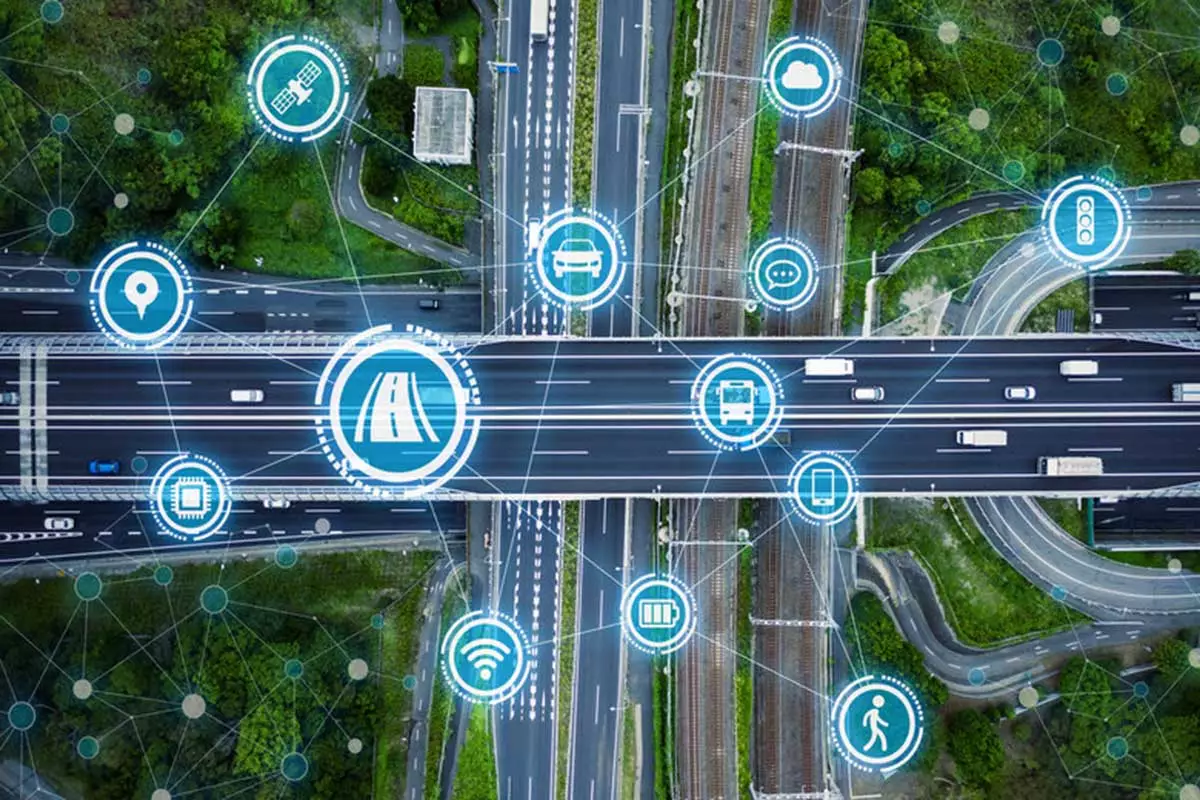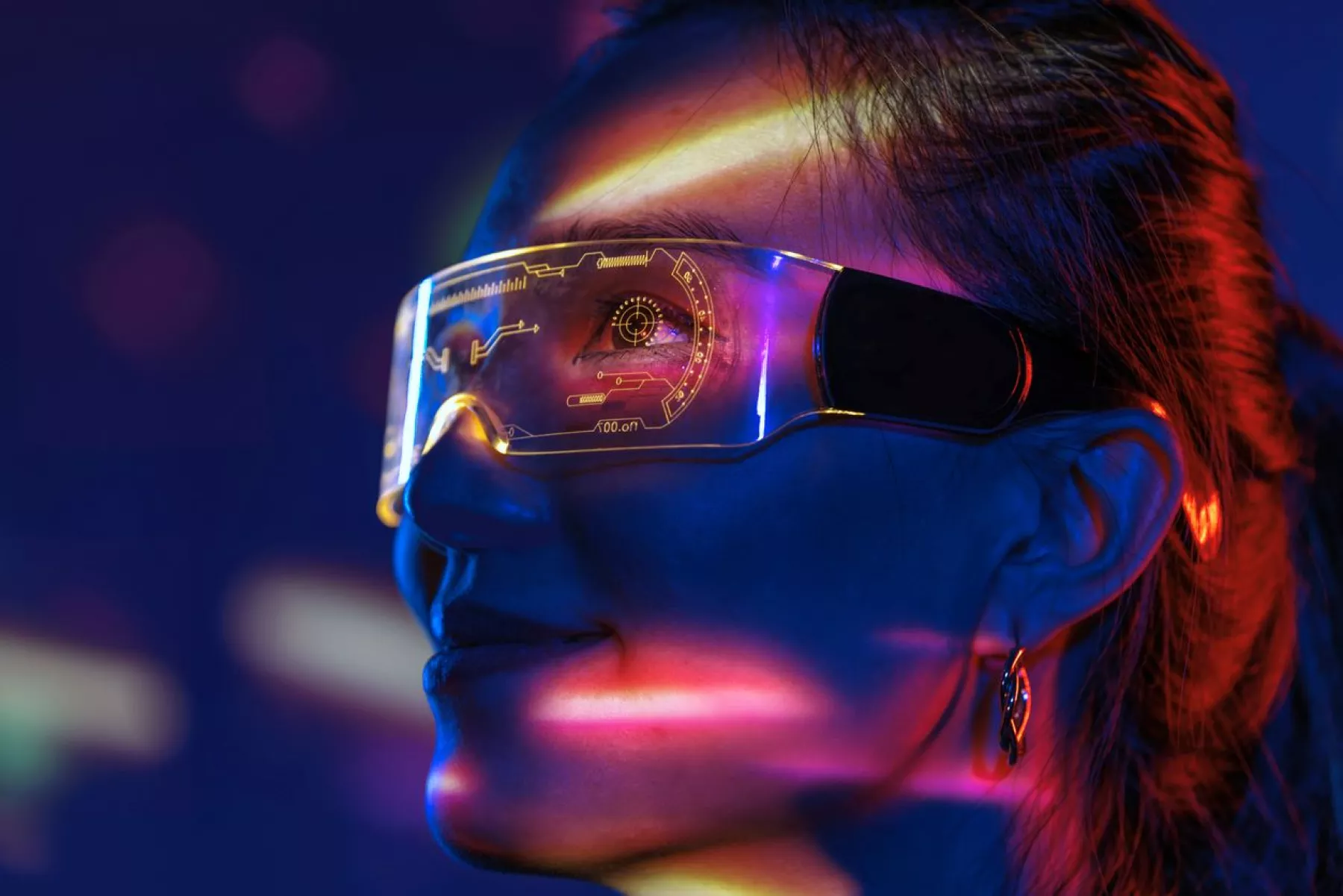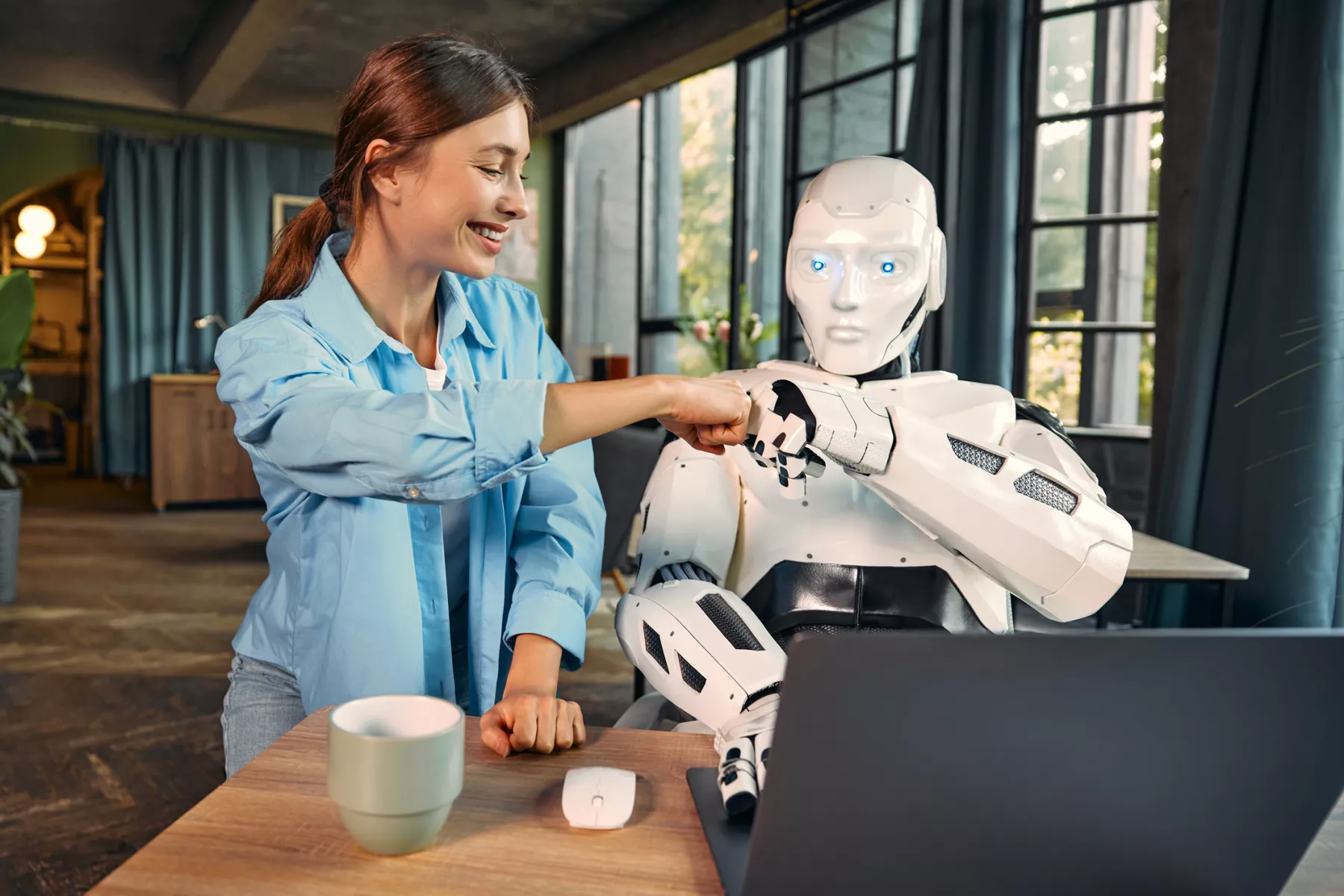
AI that can help you be more human with your customers
Although AI has shown potential to automate processes, Capterra points out that humans are better at providing customer service. Complementary factors are the ideal.
The growth in the use of business artificial intelligence has brought with it a wave of questions, including whether it will truly replace humans or instead boost their work.
It is a fact that this technology already occupies spaces where there were previously people, particularly in repetitive jobs, however, there are also examples of companies whose way of implementing AI allows humans to focus on interaction with other individuals.
RediRedi is a startup that automates the management of micro-businesses, basically working as a digital assistant. Among its tools is an AI integrated into WhatsApp, but not for customers, but for business owners.
“Let's imagine a business that sells pet supplies. Then the AI tells you that your customer who buys kibble regularly hasn't done so yet, so you can give them that personalized attention,” exemplifies André Macedo, CEO of RediRedi.
This platform can also identify who has pending payments, send personalized collection messages, suggest promotions based on inventory and special dates, and automatically update new products on the website, among other features.
“We have seen quite a few situations where AI is talking to humans but people don’t want to talk to robots, so we have decided not to talk to our client’s client, we have decided to talk to the owner of the SME,” says Macedo.
A study by the business software company Capterra concludes that the performance of humans and AI is better depending on the type of attention required. Technology performs better than people in conversations in various languages, according to the considerations of its respondents. It also performs better in data analysis and knowledge generation and avoiding bias.
Humans are better than AI at facilitating sales or directing customers to purchase additional products, solving problems, and personalizing interactions.
Bruno Peláez, senior content analyst at Capterra Mexico, points out that most customer service tasks cannot be performed in isolation.
"For this reason, when a company implements AI in customer service, it must do so in a way that integrates with human agents, or in other words, it must be a team effort, not a replacement for the worker," he adds.
Peláez points out that if applied correctly, this technology can “significantly improve an organization’s customer service.”
According to Macedo, Mexico is a country that presents a great opportunity to implement solutions that integrate human work with AI, particularly in the case of micro, small and medium-sized enterprises (MSMEs) due to the large size of the market.
These businesses represent 99.8% of all companies in Mexico and contribute 52% of the country's GDP, according to the 2019 census of the National Institute of Statistics and Geography; however, only 10% of Mexican MSMEs have adopted AI solutions in their processes, according to BBVA Research in 2024.
In the case of RediRedi, although 50% of the public is in Brazil, the company is growing significantly in other Latin American countries, especially in Mexico and Colombia, which already represent 25% of its clients. In just eight months of presence in Mexican territory, it has gained 20,000 users and plans to reach 60,000 in 2025.
According to Concepto Móvil, a firm that connects companies with mobile users through technological solutions, messaging platforms that integrate customer service via WhatsApp, iMessage, RCS and other mobile communication channels are revolutionizing the customer experience by 2025.
“This turning point will mark a trend next year caused by new customer expectations,” he explains.
IT solutions company Outliers Consulting says that next year “personalization will be even more profound, thanks to the collection and analysis of customer data. Using behavioral data, purchase history and preferences, companies will be able to offer highly personalized services.”
Leave a comment:

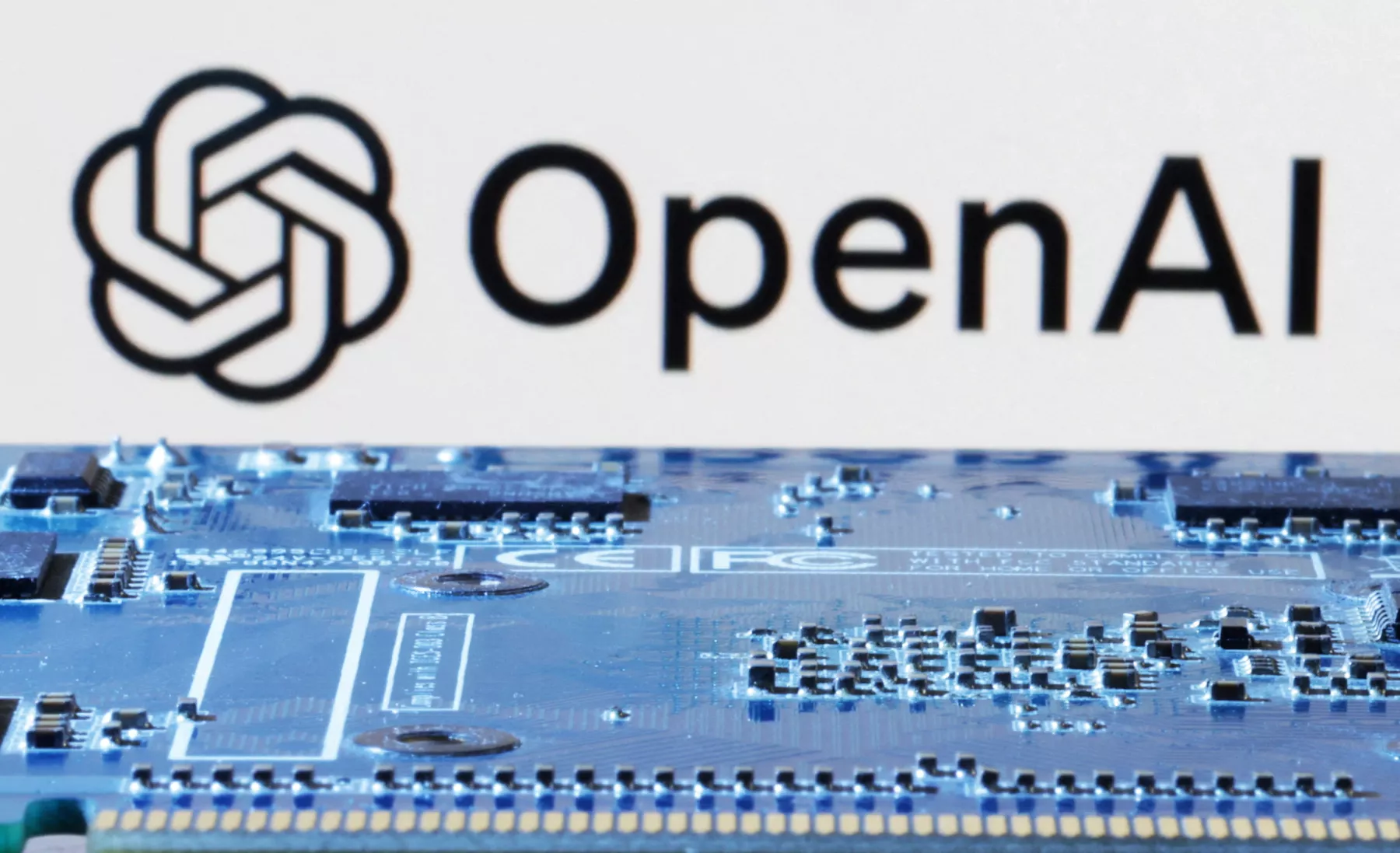
Tranding News
